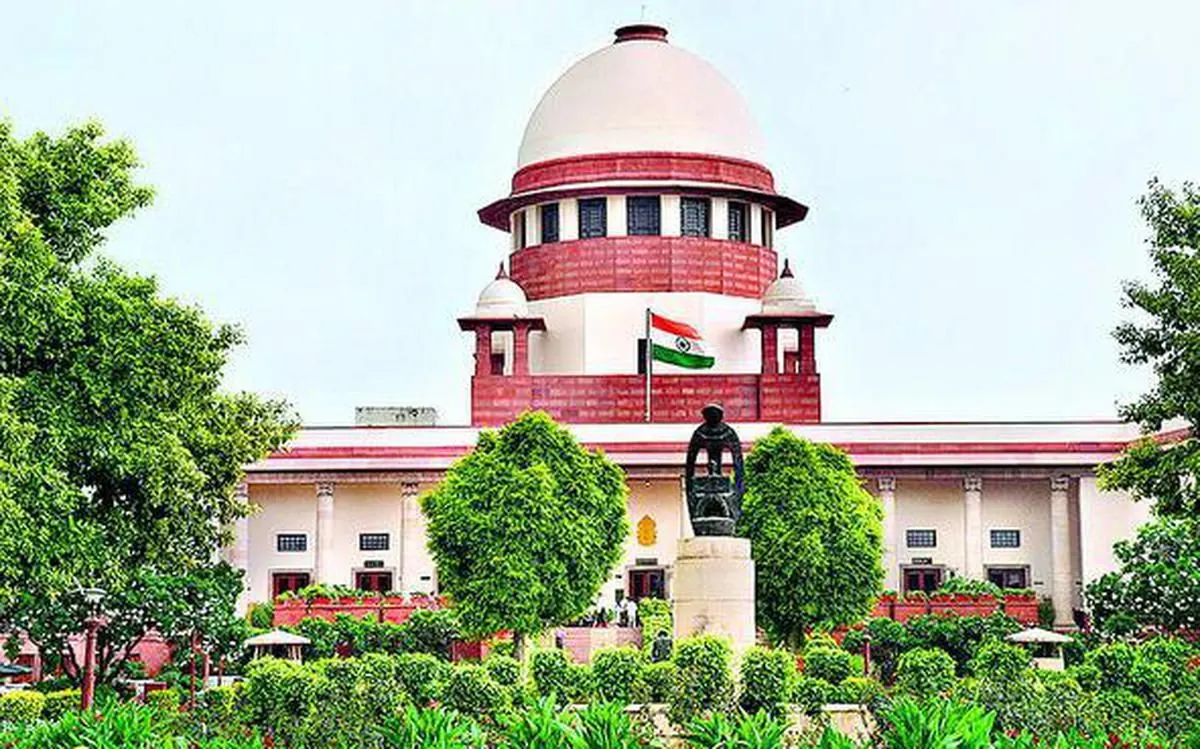India Scales Back Ambitious Plan for Sex Crime Courts Amid State Reluctance
India reduces target for special sex crime tribunals due to low state participation and judge shortages. West Bengal, facing scrutiny over recent crimes, lags in implementation despite federal push.

India's judicial system, grappling with an overwhelming caseload, has encountered obstacles in its endeavor to expedite sex crime trials. The federal government's initiative to establish Fast-Track Special Courts (FTSCs) has faced setbacks, prompting a significant reduction in targets.
In 2019, Narendra Modi's administration introduced a plan to create 1,023 FTSCs by March 2021, with the federal government covering 60% of the costs. This move came in response to the Supreme Court's criticism of state governments for delays in delivering justice to victims of sexual offenses. The court specifically highlighted West Bengal and Uttar Pradesh for prolonged judgments in cases involving child victims.
However, the ambitious project has fallen short of expectations. The initial projection of 2,600 FTSCs by 2026 has been revised down to 790, according to government officials and internal documents. As of August 2024, only 752 FTSCs have been established nationwide.

The slow progress is particularly evident in opposition-led states like West Bengal. Initially tasked with setting up 123 fast-track tribunals by March 2021, the state currently operates only six, despite having approximately 48,600 pending cases of rape and other sexual offenses.
Siddhartha Kanjilal, a top judicial bureaucrat in West Bengal, attributed the delay to a shortage of judges but assured that efforts are underway to appoint retired officials to FTSCs in collaboration with the Calcutta High Court.
The effectiveness of FTSCs in expediting justice is notable. In 2022, these specialized courts concluded 83% of cases on their docket, compared to the 56% resolution rate for sex crime cases in regular Indian courts.
"FTSCs have particular relevance in cases involving vulnerable victims and witnesses."
However, challenges persist. India's judicial system faces a shortage of about 5,000 judicial officers in state courts of first instance, representing roughly 20% of allocated positions. The appeals process also remains a bottleneck, with nearly 42% of the 1.7 million criminal cases pending in India's high courts being appeals.
The implementation of FTSCs varies across states. While BJP-ruled Uttar Pradesh and Rajasthan have met their targets, Maharashtra, governed by a BJP-inclusive coalition, has established only 14 out of 138 planned tribunals. Conversely, opposition-ruled Jharkhand met its target of 22 FTSCs but is now considering withdrawing from the federal program to run state-funded courts.
As India continues to grapple with its overburdened judicial system, the FTSC initiative represents a crucial step towards expediting justice in sex crime cases. However, the revised targets and uneven implementation across states highlight the ongoing challenges in addressing this critical issue.


































